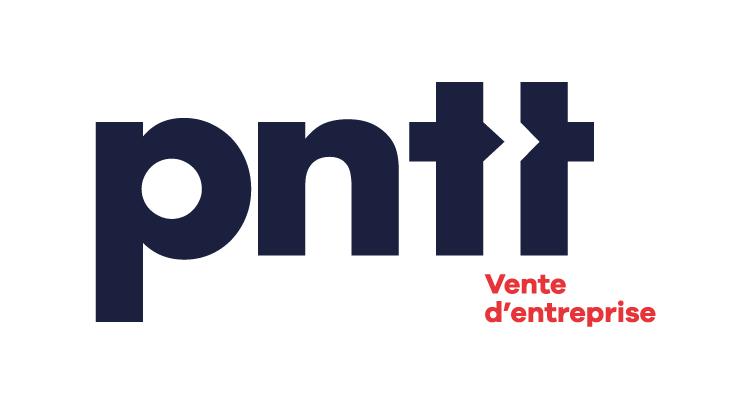Selling your company’s shares or assets? – What you need to know to negotiate successfully.
This is a crucial question that needs to be carefully analyzed. It will play a very important role in your transaction and it will have an impact on the buyer’s risk tolerance, on the value of the company, on the tax implications and on the negotiation of the selling price.
Option 1: Sell your company's shares
The seller will generally want to sell the shares, since he/she can save taxes by using his/her capital gains deduction (“CGD”), and the buyer will want to buy the assets, mainly to avoid liability for the company’s past.
Option 2: Sell your company's assets
The seller will generally want to sell the shares, since he/she can save taxes by using his/her capital gains deduction (“CGD”), and the buyer will want to buy the assets, mainly to avoid liability for the company’s past.

How do you choose between selling shares or assets?
That said, the seller should always analyze the advantages and disadvantages of the two options, in order to prepare for a possible negotiation of the selling price. In some cases, taking into account the tax history of the seller and the company, the comparison between the two options does not represent a large difference in terms of taxation. Here is a summary table of the main advantages and disadvantages of selling shares and selling assets:
| Sale of shares | Sale of assets |
| Advantages for the Seller | Advantages for the Seller |
| Possible use of the DGC worth $1,016,836; | The seller can continue to benefit from his various tax accounts (IMRTD, CRTG, etc.); |
| Possibility of multiplying the DGC with family members if the shares are held by a family trust; | Possibility of playing with unused losses to be carried forward; |
| There will be no real estate transfer tax, which normally applies to the sale of a building or land; | Use of the Capital Dividend Account (“CDA“) on the non-taxable 50% of the capital gain. This non-taxable 50% can be distributed to shareholders on a tax-free basis; |
| The seller will have a capital gain with an inclusion rate of 50% and a marginal tax rate of 26.6%; | Easier to obtain financing, since assets acquired can generally be pledged as collateral; |
| Avoids taxation on recaptured depreciation; | The seller will be able to keep his company and retain the assets he does not wish to dispose of; |
| GST and QST will not apply on the sale of shares; | |
| He will be released from his obligations to the company; | |
| Taxable capital gains can be spread over a period of 5 years, or 10 years in certain cases; | |
| Disadvantages for the Seller | Disadvantages for the Seller |
| It will be more difficult to negotiate a higher sale price; | Possibility of having different types of income taxed in the business (capital gain, business income, depreciation recapture, etc.). Take into account “total investment income”, which creates a refundable dividend tax on hand (“RDTOH”) account; |
| It will be more difficult and costly to retain certain assets; | GST and QST may apply to the transaction, unless 90% of the assets required to operate the business are transferred (possible choice); |
| Alternative minimum tax payable if the DGC has been used; | After-tax surplus will be distributed to shareholders in the form of a taxable dividend; |
| The seller will not be able to use his DGC worth $1,016,836; | |
| Advantages for the purchaser | Advantages for the purchaser |
| The acquirer does not have to enter into new contracts with third parties. He will be able to keep the advantages the company had (retaining the company’s legal history). It’s an easier transaction to carry out; | |
| Possibility of using the company’s tax and legal history, such as losses and other tax accounts (CDC, IMRTD, CRTG, etc.); | Full depreciation base on assets acquired, which means less tax to pay in the future. Exception possible in the case of a rollover or related party sale; |
| GST and QST will not apply on the sale of shares; | Can choose only certain assets. Pay attention to taxes payable (GST and QST); |
| Easier to obtain financing, since assets acquired can generally be pledged as collateral; | |
| Disadvantages for the Purchaser | Disadvantages for the Purchaser |
| The purchaser buys the company’s past. The acquirer will become liable for potential lawsuits and/or claims. He will be responsible for unknown liabilities, subject to certain clauses in the sale agreement; | The transfer of legal history will depend on the type of asset and the approvals required. In some cases, the purchase of assets will be conditional on obtaining permits and signing new contracts; |
| The change of control rule applies; | Real estate transfer tax that applies in principle to the sale of a building or plot of land; |
| Capital cost allowance is calculated on the undepreciated capital cost (“UCC”). The sale has no impact on the ability to take further deductions; | Loss accounts, particularly non-capital losses, cannot be transferred from the seller to the buyer; |
| More complex due diligence (existence of assets, description of liabilities, existence of claims, etc.). | The asking price will be higher because the seller will not be able to use his DGC; |
| GST and QST may apply to the transaction, unless 90% of the assets required to operate the business are transferred (possible choice). |
As you can see, complex calculations and analysis are required, and we advise you to use the services of professionals.
For a free, confidential analysis of your business before you consider selling it
This analysis will help you answer the following questions:
1. What is my business worth?
2. How much tax will I have to pay if I sell my business?
3. How do I sell a business?
4. Are there any buyers for my business?




